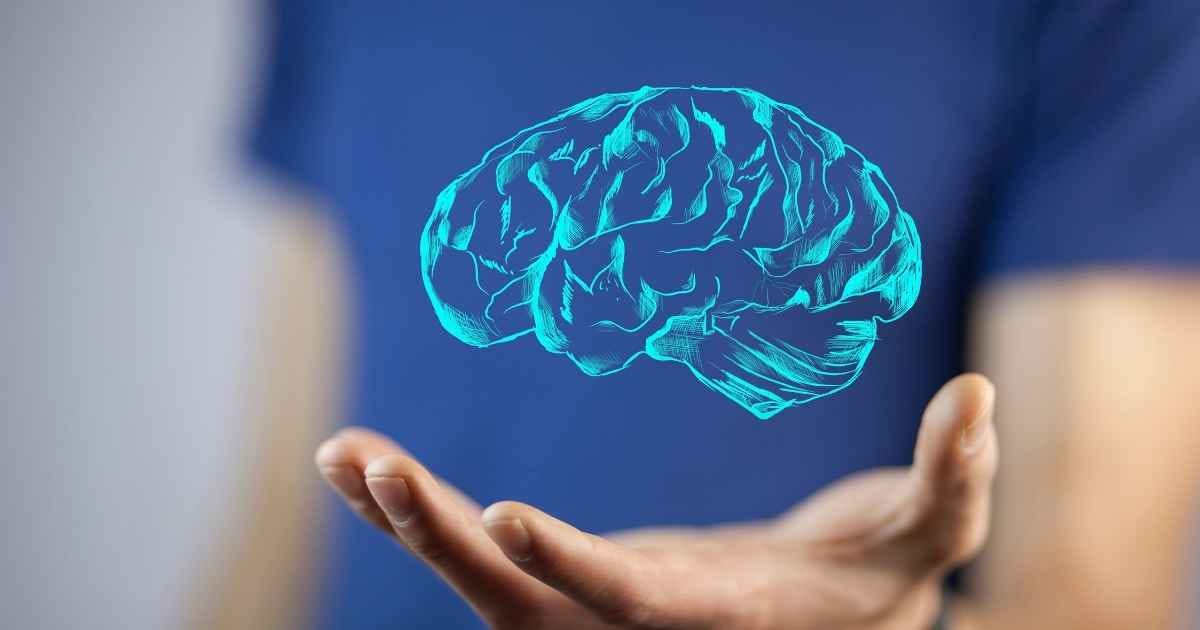How to Improve Your Mental Health
Let’s Normalise Mental Health!
The reason I’m making this video is because it is estimated that 2 out of 3 people will experience a mental health problem at some point in their lives. So, it’s not uncommon.
And just like a physical injury, it can happen to anyone regardless of age, background, or circumstances.
The analogy I like to use is this:
Just as a broken arm needs a sling and time to heal, mental health challenges need support, understanding, and sometimes—not always, but sometimes—professional help.
If you feel that seeking professional help is the best thing for you, there is no shame in doing so.
So before I get into the main points of this article, there’s 1 thing I want to make absolutely clear:
Disclaimer:
I am not a doctor, nor a healthcare professional. The things I’m sharing are what have worked for me personally, so please keep that in mind.
#1 Sweating and Moving Is Good for Your Mental Health
It's quite common to hear people in the fitness community say something along the lines of,
"The gym is my therapy."
And while that might seem completely foreign to some, there's actually an element of truth to it.
Because, when you exercise, you release endorphins—essentially a natural high and, this makes perfect sense because the human body is designed to move.
There’s a reason why we have feet; we’re not meant to sit on our asses for hours on end.
To put it another way, movement is medicine.
And I’m not saying that physical exercise will solve every problem—because the brain is much more complex than that—but from my personal experience, when exercise is done in moderation, it is definitely beneficial for mental health.
#2 Your Mindset Plays a Huge Part
Over the decades, there’s been a lot of talk about positive thinking, and I’m pretty sure you’ll agree with me when I say this:
Looking on the bright side of life most of the time is probably beneficial for your mental health.
I want you to notice the words I used — most of the time — because, just like anything else, when taken to the extreme, it can be problematic and positive thinking is no different.
You see, when positive thinking is taken too far, it can actually stop people from dealing with “negative” emotions. It can prevent people from addressing difficult situations.
So, let’s talk about some examples.
An example might be somebody who’s experiencing a serious medical issue but, because that person identifies as a positive thinker, they just ignore it. They think, “Well, everything will just turn out okay.”
But because they haven’t truly addressed the problem, the situation only gets worse.
Another problem with positive thinking is that it can foster unrealistic expectations.
Imagine someone who identifies as being hyper-positive and expects everything to work out perfectly. For example, a guy starts a business and expects it to be plain sailing.
However, after 6, 7, 8, or even 10 months, he hasn’t made a single penny. This is the reality of starting a business — nothing is guaranteed.
However, because this person strongly identifies as a positive thinker, when reality punches him in the face, he can’t handle it.
The solution?
Yes, be positive and optimistic, but more importantly, be realistic. Look at the pros and cons, the positives and negatives, and consider the bigger picture.
Imagine you have a scale:
One side is positive, and on the other is negative. You want the scale to lean more towards the positive side, but you don’t want such a massive imbalance that it makes you deluded.
#3 Satisfaction Is Found When Building and Creating
What I’ve personally found in my own life is that I’m happiest when building and creating something.
The article you’re reading on your screen right now—I wrote, formatted and added the stock photos—and this makes me happy.
There’s a guy I know who enjoys DJing—basically, getting a load of music, mixing it up, and creating one big track.
That’s what gives him happiness and joy.
I honestly believe that human beings are born to build and create and if you want proof of this, just go outside to your local town centre. What you’ll see is that everything is man-made.
The fact that you are here on this planet right now should tell you something:
2 people got together and created you.
But let’s keep it PG.
#4 Connection is Key
Human beings are social creatures. We're not meant to spend large amounts of time in isolation.
And if you want to get all nerdy about it, it goes back to our hunter-gatherer days.
Basically, our survival depended on being part of a group. If, for whatever reason, we were abandoned, it would decrease our chances of survival.
Some people might read the sentences above and think, "Well, we’re no longer hunter-gatherers; we live in a modern world."
But here’s the thing: our brains haven’t adapted to the modern world.
Our brains still think we’re hunter-gatherers. So, if we spend large amounts of time alone, our brain recognizes that as a threat to our survival, which can potentially lead to low mood.
So I’m pretty sure you’ll agree with me when I say this:
Human connection and friendships are vital.
They are essential for your mental health. This "lone wolf" mentality that you see people talking about online is complete and utter nonsense.
And here’s the thing—you don’t need to have 50, 100, 200, or 300 friends. You only really need around 5 close friends.
In this article here, I basically talk about the benefits of having a small social circle, one of which is that the bonds are stronger.
#5 Life Mission/Purpose
I'm not religious; however, I can understand why people turn to God.
It can give their life meaning and purpose.
Another added benefit of religion is the community aspect. When you go to places of worship, there are people there, so not only does religion have the potential to give your life meaning and purpose, but it can also provide a sense of community.
That can be very beneficial for your mental health.
That said, I understand that religion is not for everyone, and there are other avenues to explore.
For example, volunteering has been well documented as beneficial for people’s mental health, especially retirees, because it gives them something to wake up for—a reason to get out of bed.
Another avenue is becoming a father.
When you become a father, you are no longer the number 1 priority; you have a child whose needs come before your own.
And I think it was Jordan Peterson, the Canadian psychologist, who said something along the lines of, that a person doesn’t fully mature until they have children.
And you know what?
He probably has a very good point.






